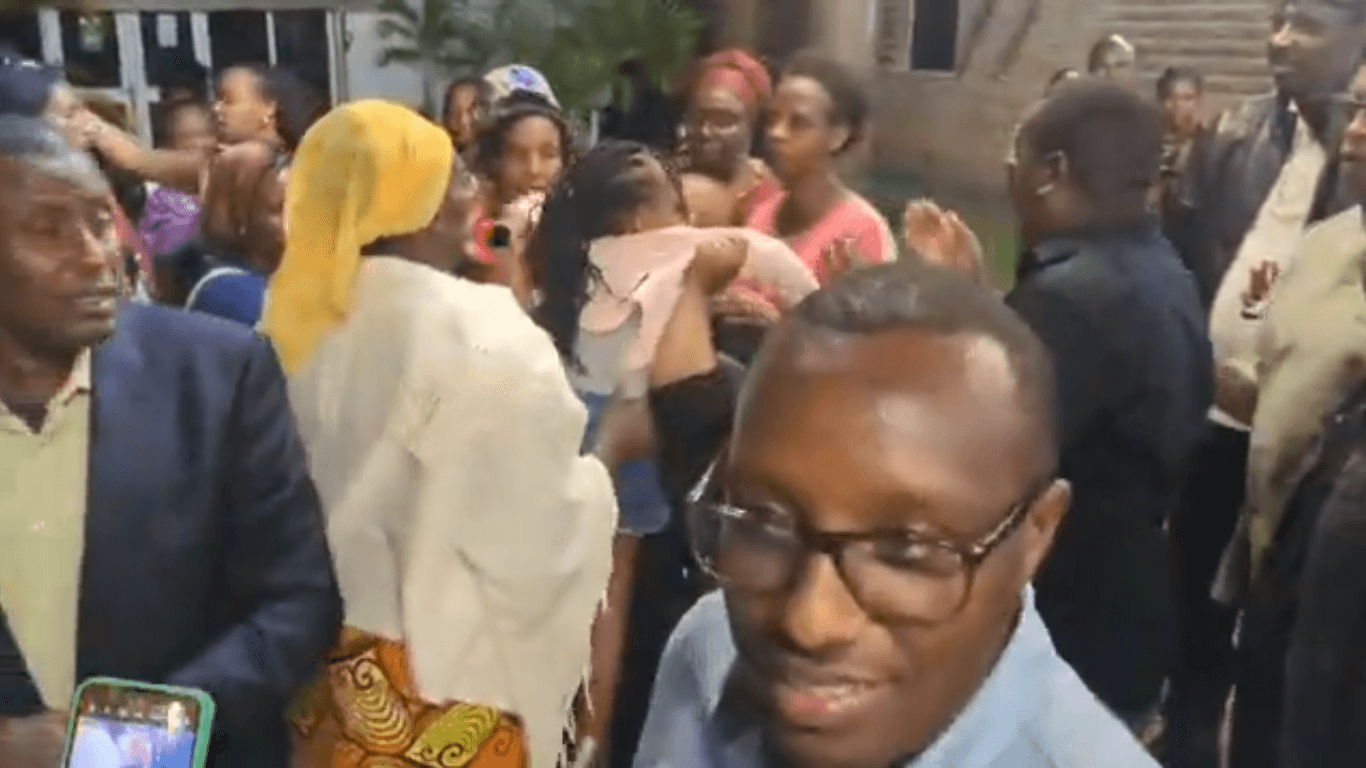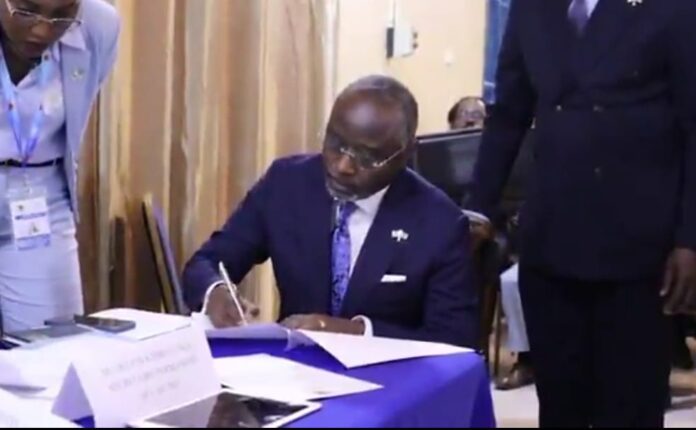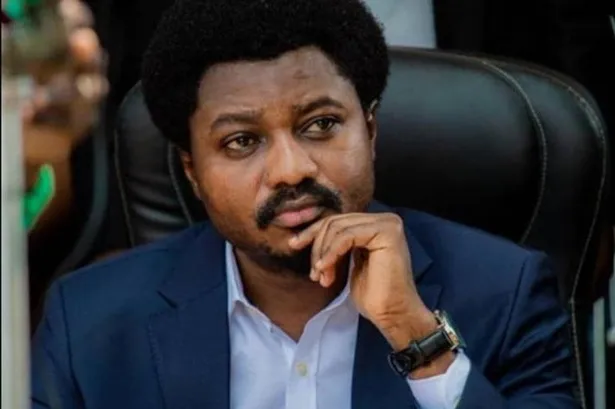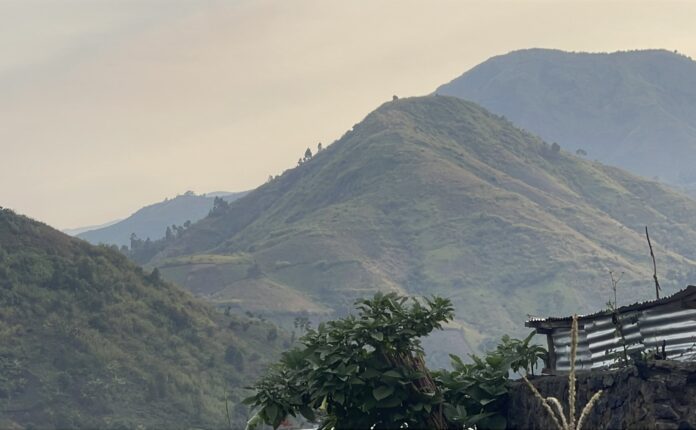In the Democratic Republic of Congo, silent tragedies number in the thousands, but some stories demand remembrance and action. Bintu’s story is one of them. Born while her mother was imprisoned solely for being a Tutsi Munyamulenge, this child embodies the pain of a community targeted by a system that turns identity into a crime.
Note: Company, Blog, Church websites are free.
Her mother was arrested without legal grounds, never brought before a judge, and detained arbitrarily without trial, charges, or evidence. Eventually released in silence and without any form of reparation, she left her cell as she entered it: innocent, but broken. Her only crime? Bearing a name, belonging to an ethnic group long stigmatized and marginalized.
And yet, the Congolese Constitution is unambiguous: no one can be prosecuted for their ethnic origin. But the reality on the ground tells a different story. Arbitrary arrests, unlawful detentions, and targeted persecution of certain ethnic groups particularly the Banyamulenge reveal a troubling pattern of state complicity or, at best, indifference. Some go as far as calling this system criminal and that is no exaggeration.
This is not about isolated abuses. This is about a state apparatus that, through inaction or participation, enables flagrant injustice. And when we speak of reparations, these are not empty words. They are fundamental rights demanded by citizens whose very existence is denied.
The Movement for Reparation and the Dignity of Peoples (MRDP) stands firmly in this call for justice. It seeks acknowledgment of the suffering endured, prosecution of those responsible, and safeguards to ensure such abuses never happen again. Because beyond this mother’s release, beyond even Bintu’s birth, there is a fundamental question the Congolese state must answer: can it still be called a Republic when it refuses protection to some of its own children?
Bintu will grow up. One day, she may ask why her mother was imprisoned. One day, she may demand accountability. But until then, it is up to us journalists, activists, citizens to carry her voice and those of countless others. So that justice ceases to be a privilege and finally becomes a right for everyone.
https://x.com/TwirwanehoMoise/status/1914054139144720550



